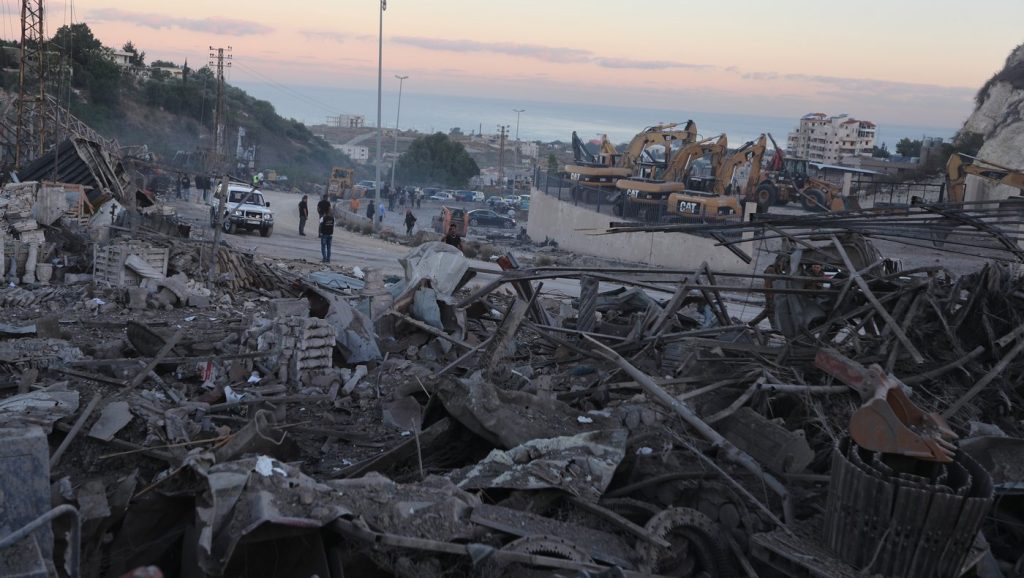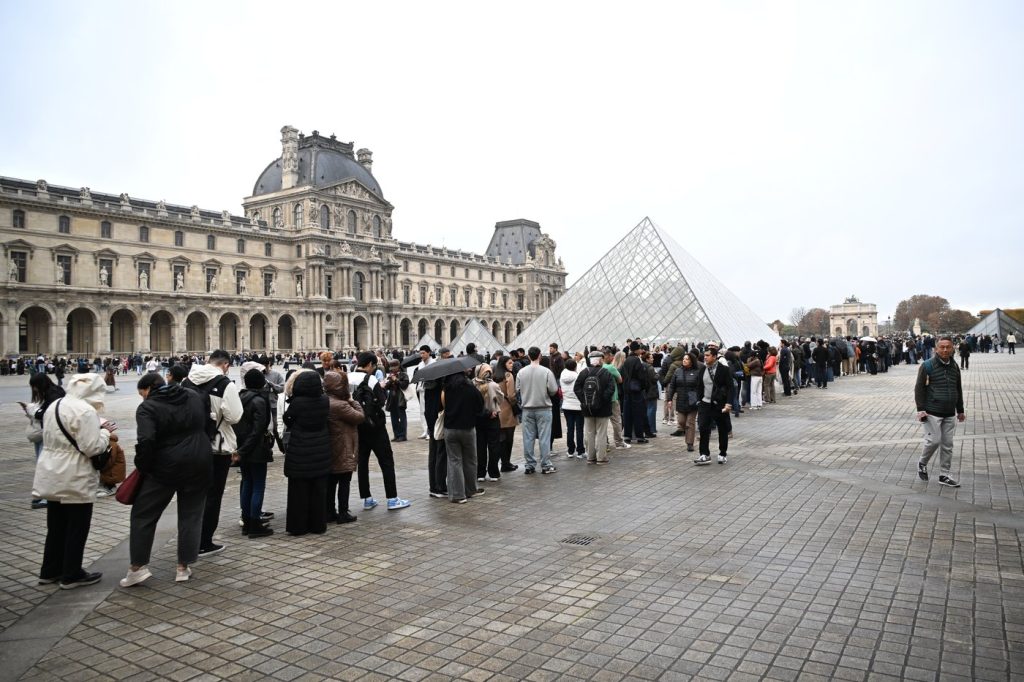BEIRUT (AP) — Following a tenuous ceasefire in Gaza, Israel conducted airstrikes in southern Lebanon on October 11, 2023. This attack occurred nearly a year into a U.S.-brokered truce aimed at halting hostilities between Israel and Hezbollah.
The Israeli bombardment targeted a construction business in Lebanon, resulting in the death of a Syrian passerby and injuries to seven individuals, including two women. It also led to the destruction of millions of dollars' worth of construction equipment.
Such airstrikes would typically be viewed as extraordinary in many places, yet near-daily Israeli attacks in Lebanon have become increasingly common after the ceasefire took effect on November 27, 2024, following an escalation of conflict that began with a Hamas-led assault on Israel on October 7, 2023. This conflict saw Hezbollah, based in southern Lebanon, launch rockets at Israel to support Hamas.
Experts, including Mona Yacoubian from the Center for Strategic and International Studies, suggest that the ongoing low-intensity conflicts seen in Lebanon might serve as a model for future ceasefires in Gaza, providing Israel the latitude to respond to perceived threats without triggering a full-blown war.
The ceasefire agreement stipulated that both Israel and Lebanon must refrain from aggressive military actions while allowing for self-defense. However, the enforcement mechanisms of this truce remain vague. Israel has largely assumed the mantle of enforcement, claiming its strikes are aimed at combating Hezbollah militants and weapons capabilities.
Israeli military actions have reportedly led to over 270 fatalities and around 850 injuries in Lebanon since the ceasefire, which the Lebanese government attributes to Israel’s disregard for civilian lives. By mid-October, the United Nations reported that 107 of the deceased were civilians or noncombatants, while no Israelis had been killed by attacks from Lebanon during the same timeframe.
Since the ceasefire, UNIFIL documented approximately 950 projectiles fired from Israel into Lebanon and 100 Israeli airstrikes, while only 21 projectiles were fired from Lebanon towards Israel, with Hezbollah only claiming one attack since the agreement.
Following the October 11 strikes in Msayleh, Israel asserted it targeted "engineering equipment intended for the reconstruction of terrorist infrastructure." This claim was refuted by Lebanese authorities and the business owner. The owner, Ahmad Tabaja, highlighted that the business served a diverse clientele, questioning the justification for the attack.
Furthermore, the strikes faced condemnation from Lebanese leaders, with President Joseph Aoun calling the actions a violation of civilian property. Israel subsequently targeted a cement factory and claimed Hezbollah intended to use it for infrastructure rebuilding, further escalating tensions.
In a notable incident, an Israeli airstrike in Bint Jbeil resulted in tragic civilian casualties, including the deaths of Shadi Charara, his young children, and a motorcyclist. This incident drew significant outrage due to the deaths of children, underscoring the alarming impact of military operations on civilian lives.
Israel defended its actions by citing military necessity but acknowledged civilian casualties, exposing the complexity of distinguishing between civilian and militant targets during such strikes.
Historically, the situation in Lebanon was characterized by a tense calm, maintained through mutual deterrence since the end of the 2006 war. However, recent escalations have shattered this deterrence, prompting calls from Hezbollah for Lebanon to respond politically and diplomatically rather than through military action.
Hezbollah leaders have stated they are analyzing the current circumstances and keeping their options open, especially if Israeli attacks continue. Yacoubian mentioned the likelihood of this situation persisting unless breakthroughs in negotiations occur, with potential mediation from Qatar, Egypt, and Turkey playing a significant role in future ceasefires.












